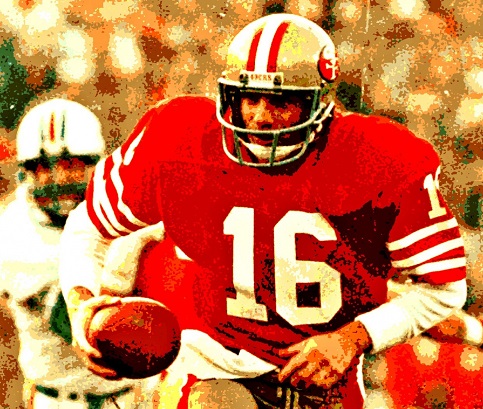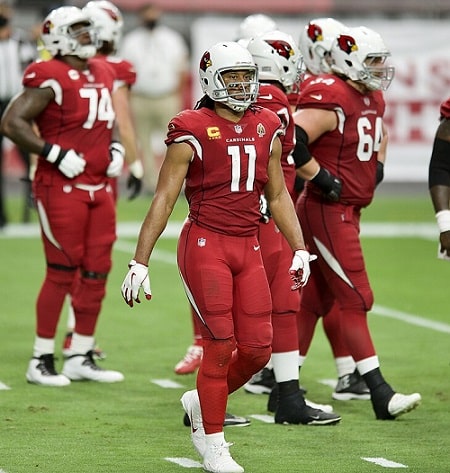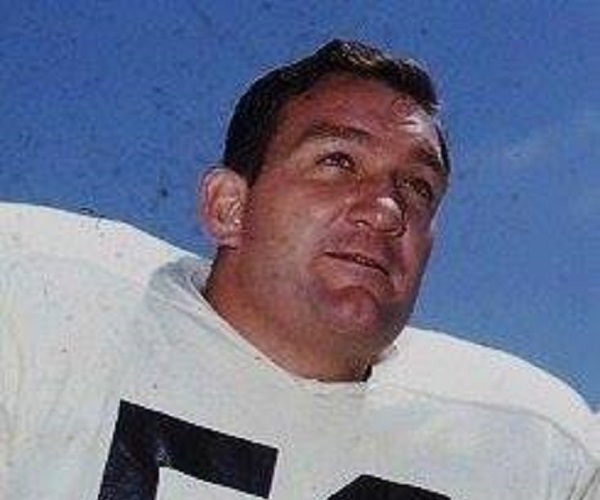Joe Montana, a name synonymous with American football greatness, is often considered one of the greatest quarterbacks in the history of the NFL. Known for his accuracy, poise, and unrivaled ability to excel in clutch situations, Montana’s career was a blend of extraordinary skill, determined work ethic, and a dash of serendipity. In an era defined by defensive stalwarts and power running games, Montana emerged as a symbol of precision and elegance in the chaos that is professional football. Here’s a deep dive into the life and legacy of Joe Montana.
Early Life
Joe Montana was born on June 11, 1956, in the small town of New Eagle, Pennsylvania. From a young age, it was clear that he had a natural talent for athletics, participating in various sports during his high school years. However, it was his skill as a quarterback that caught the eyes of college recruiters. He decided to take his talents to the University of Notre Dame, a decision that would prove to be pivotal in his career.
Although he didn’t begin as the first-string quarterback for Notre Dame’s Fighting Irish, Montana quickly made a name for himself with his flair for orchestrating stunning come-from-behind victories. This knack for clutch performances caught national attention, culminating in a memorable appearance in the 1979 Cotton Bowl. It was a defining moment that hinted at the illustrious professional career that awaited him.
The 49ers and the Walsh Connection
In 1979, Joe Montana was picked in the third round of the NFL Draft by the San Francisco 49ers. Though this draft placement wasn’t particularly high-profile, the subsequent collaboration between Montana and the 49ers’ head coach, Bill Walsh, would go on to change the landscape of American football. Walsh was an advocate for the West Coast Offense, a tactical approach that emphasized quick, precise passing to steadily advance down the field and create openings for bigger plays. Montana’s innate ability to deliver accurate throws under pressure made him the ideal fit for executing Walsh’s innovative scheme.
Though the first couple of years brought their fair share of hurdles, everything clicked into place in the 1981 season. Montana guided the 49ers to capture their inaugural Super Bowl championship. A crucial moment in that victorious campaign was a legendary play commonly referred to as “The Catch.” During the dying moments of the NFC Championship game against the Dallas Cowboys, Montana threw a game-clinching touchdown pass to receiver Dwight Clark. This miraculous play not only sealed the win but also set the stage for what would become a football dynasty.
Achievements and Records
Joe Montana’s list of career achievements is nothing short of remarkable. He clinched four Super Bowl titles and was named Super Bowl MVP on three occasions. In addition to his Super Bowl accolades, he twice won the NFL Most Valuable Player award. He earned Pro Bowl honors eight times and was recognized as a First-Team All-Pro in three different seasons. Montana broke new ground by becoming the first NFL player to achieve a passer rating exceeding 100 in three distinct seasons. Known for his grace under pressure, he gained the nickname “Joe Cool,” particularly for his unparalleled ability to deliver when the stakes were sky-high.
One of his most jaw-dropping accomplishments was spearheading 31 comebacks in the fourth quarter. A standout among these was a tension-filled 92-yard march down the field in the waning moments of Super Bowl XXIII against the Cincinnati Bengals. The drive culminated in a decisive touchdown pass to John Taylor. This particular feat cemented Montana’s status as not just a great quarterback, but also as one of the most clutch athletes in the annals of professional sports.
End of an Era and Kansas City Tenure
After a series of injuries and the emergence of Steve Young, Montana found himself at a career crossroads in the early 1990s. He was traded to the Kansas City Chiefs in 1993. Even in a new uniform, Montana showed flashes of his old brilliance. He led the Chiefs to the AFC Championship Game in his first season, proving that age had not diminished his skill or his hunger for the game.
Legacy
Joe Montana retired from professional football in 1995, but his impact on the sport endured. He was inducted into the Pro Football Hall of Fame in 2000, and his number 16 jersey was retired by the 49ers. His mastery of the West Coast Offense helped popularize a style of play that is still employed by many teams today.
Moreover, Montana’s influence transcends mere statistics and championships. He redefined the quarterback position, turning it into a position not just of skill but also of intellect and artistry. His ability to remain calm under pressure, to dissect defenses, and to execute plays flawlessly set a standard for quarterback play.
It’s also worth noting that Montana played in an era when the rules were less favorable to passing offenses and quarterbacks were not as protected by officials as they are today. This makes his achievements even more remarkable.
The Man Beyond the Gridiron
Off the field, Montana has lived an equally impressive life. He has been involved in various charitable activities, focusing on children’s hospitals and schools. A loving father and husband, he’s as much a family man as he is a football legend.
Conclusion
Joe Montana’s name will forever be etched in the annals of NFL history, not just for his skill set, but for his innate ability to rise to the occasion. The very attributes that make sports such a compelling drama—talent, work ethic, and an unyielding desire to win—found a perfect embodiment in Montana. He wasn’t just a player who won games; he was a maestro who made football look like the highest form of art. In an era of greats, Joe Montana was, and to many still is, the greatest.




